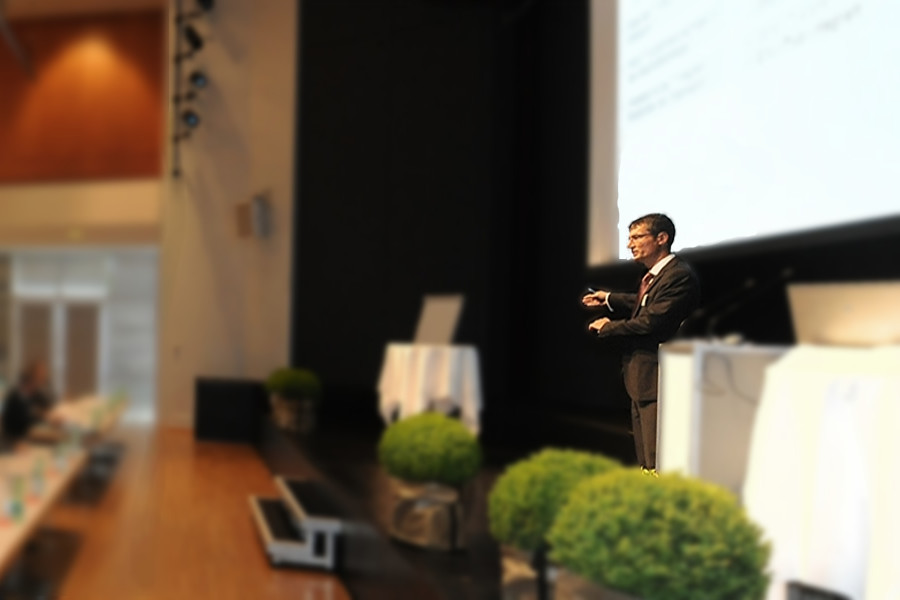Our view on the topic is always holistic in order to most effectively understand the overall context and interactions in the “interdependent system”. We always look at the interplay between the market, the customers, the organisation and the people.
The conceptual chain begins with the question of an idea, the vision, continues to the consolidation of the ideas into a strategy and, through a sustainable change programme with a defined management and control model, leads to a constantly evolving, learning system. Only in this way is an organisation fit for the constant changes.
The results are always measured according to the pre-defined objectives.
It is important to us that the organisation and the employees develop themselves and qualify through the process so that the results can show their effects in a sustainable and measurable way.
The origin idea of XVISORY is that the market and the customer decide which product or service they would like to have. This is why thinking usually starts with the customer, because the customer largely decides on the success of a supplier.
The core of our work is the design of strategy development processes at the company and business area level, with
- future scenarios and their economic use
- business model developments (defining core competences, developing innovations)
- market strategies (positioning, differentiation)
- customer (satisfaction) strategies
- organisational models, processes, efficiency improvements
- leadership systems and employee competence models
Our consulting philosophy is
- strong interaction,
- providing knowledge and methods in order to offer support sustainably,
- with the conviction that enormous competencies already exist in the organisation.
- The project work should be performed in such a way that further skills are built up in the organisation, and that a knowledge transfer takes place.
- Our role is adjusted according to the needs in the project process
- performing internal/external analyses,
- incorporating the experience of comparable companies or best practices,
- initiating innovation processes,
- generating momentum,
- offering communicative support,
- providing technical or methodological skills,
- planning and coordination,
- qualifying employees, or
- taking on leadership and management tasks on a temporary and interim basis as required.

